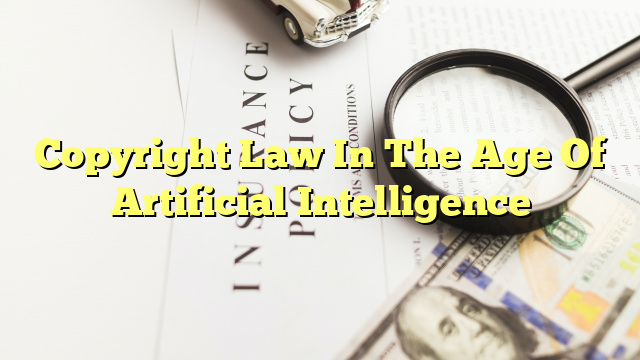Table of Contents
Introduction
In the age of artificial intelligence (AI), copyright law faces new challenges and complexities. AI technology has the ability to create, replicate, and distribute creative works, raising questions about ownership, infringement, and fair use.
Do copyright laws apply to AI?
Yes, copyright laws apply to AI-generated works just like any other creative works. The key issue is determining the ownership of the AI-generated content. If a human author is involved in the creation of the AI system or contributes to its output, they may be considered the author and hold the copyright. However, if the AI system autonomously generates the content without human intervention, the question of ownership becomes more complex.
How does artificial intelligence affect copyright law?
AI technology has the potential to disrupt traditional notions of copyright law. With the ability to analyze vast amounts of data, AI systems can create new works that may be similar to existing copyrighted works. This raises questions about originality and the potential for infringement. Additionally, AI can be used to automate the process of copying and distributing copyrighted content, making it challenging to enforce copyright laws.
Can copyright law accommodate AI?
Copyright law is constantly evolving to keep up with technological advancements, and AI is no exception. Legal frameworks are being developed to address the unique challenges posed by AI-generated works. Some proposals include granting limited intellectual property rights to AI systems or creating a new category of “AI authorship.” However, finding a balance between protecting the rights of human creators and promoting innovation in AI is a complex task.
The copyright issue with OpenAI
OpenAI, a leading AI research organization, sparked controversy when it released an AI language model called GPT-3. The model has the ability to generate highly realistic human-like text, raising concerns about potential copyright infringement. As the AI system is trained on vast amounts of copyrighted material, there is a risk that it could produce works that infringe upon existing copyrights. OpenAI has taken steps to address this issue by implementing usage policies and guidelines for the responsible use of their AI technology.


While I understand the benefits of copyright law in the era of AI, I cannot help but feel that the potential for unintended consequences outweigh them. With thoughtful regulation, we could be left with an environment that stifles creativity and innovation instead of one that encourages it.